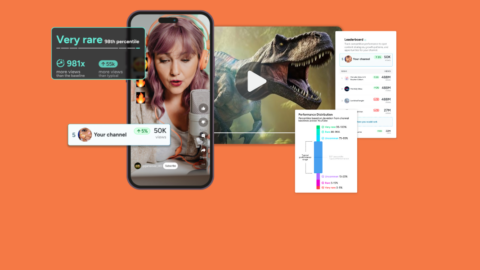Artificial intelligence (AI) has the potential to revolutionize the way businesses approach marketing and customer engagement. With the ability to analyze vast amounts of data and make informed decisions, AI can help marketers effectively reach and engage with their target audience.
Benefits of AI in marketing
Using AI, we marketers can personalize communications at scale. Analyzing demographic, behavior, preference, and other customer data, AI can deliver customized content and recommendations that are relevant and meaningful to each individual customer. The more personalized the experience the higher the conversion and customer satisfaction rates.
AI can also help us optimize campaigns to target the right audience at the right time. By analyzing data and identifying patterns, AI can provide insights into what’s working and what’s not, as well as make recommendations to improve. We can take these recommendations and use them to allocate resources more effectively and achieve better results.
A real world example: a visitor adds a product to their cart but doesn’t take that all-important step of completing the purchase. AI can consider multiple data points (is this a repeat customer or a first time visitor? What’s the value of the item? Is it most often purchased as a stand-alone or with other items?) and decide if it should send the customer an email with a personalized discount code, incentive or just share some valuable information that might get the sale across the finish line.
In addition to personalization and optimization, AI can also help businesses automate and streamline marketing efforts. What we call marketing automation is, at its heart, AI. Scheduling social media posts, sending personalized email campaigns, identifying potential leads and freeing up time and resources for marketers to focus on more strategic tasks.
Challenges of AI in marketing
AI can streamline and optimize tasks but it’s no replacement for humans. We marketers — human marketers — still need to understand our audience in order to make a personal connection. Also, we’re the ones who have to tell the AI what to do. As AI continues to get better, so too will marketers get better at using it to achieve our marketing goals.
Marketing AI lives and dies (can AI die?!) by the quality of the data it’s trained on. In order for AI algorithms to make accurate and useful predictions and recommendations, they must be trained on lots and lots of high-quality data. This can be a challenge for businesses that do not have access to sufficient data or that have data that is not well-organized or clean.
Another potential downside of AI in marketing is the risk of bias. If the data used to train AI algorithms is biased, the AI system will take on that bias and produce biased results. For example, if AI trains on a customer database that’s primarily comprised of X, it might have a hard time understanding that there are also Y and Z to consider. Or it might deliver X messages to Z targets because that’s what the data suggests is most effective. At best, this is a marketing problem and at worst, it can be a very human issue of equality and respect.
AI is already impacting the way businesses approach marketing and customer engagement. By providing personalized communications and insights, AI can help marketers to more effectively reach and engage their target audience. Still, the power of AI is only realized in conjunction with a well-defined, effective and ethical marketing strategy.
BENlabs smart AI can help
Get the power of super smart AI trained on decades of proprietary data and BENlabs industry expertise. AI powers our Predictive Analytics, unlocking performance metrics before your influence campaign even launches. Smart Partnerships aligns creators and brand so both win. Let’s talk.





